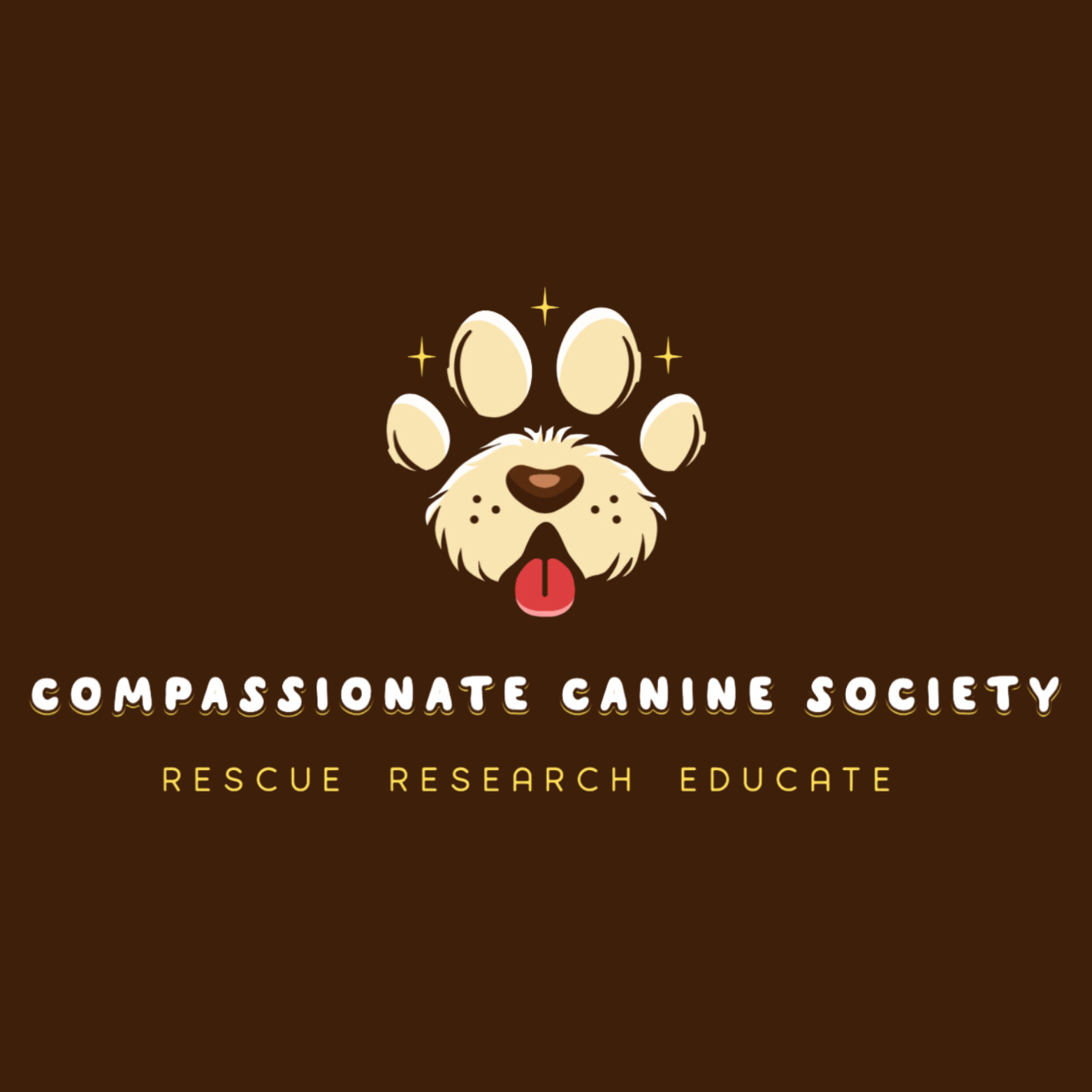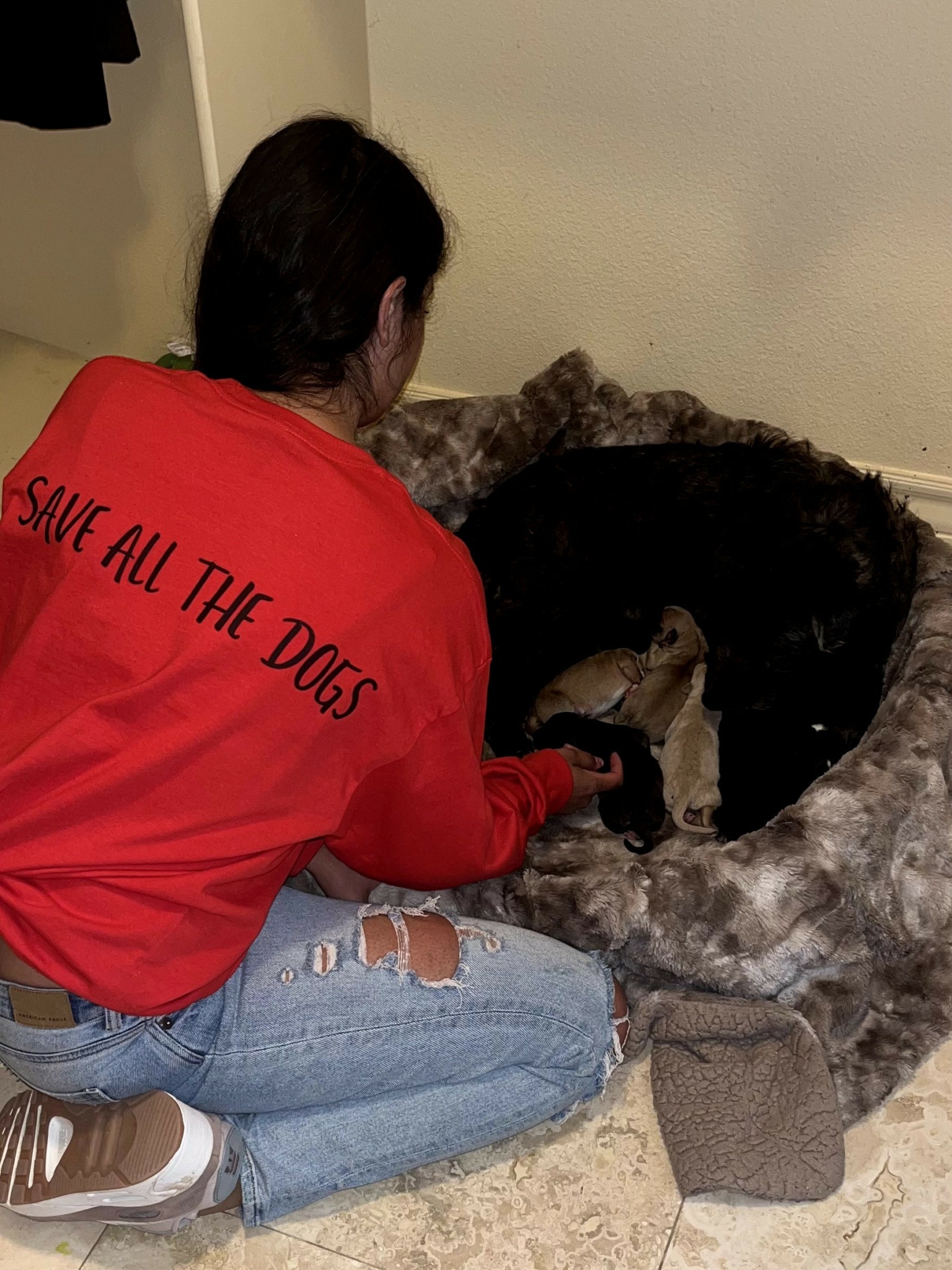We were lucky to catch up with Payton Brianne recently and have shared our conversation below.
Payton, thanks for taking the time to share your stories with us today Let’s start with the story of your mission. What should we know?
Our nonprofit is called Compassionate Canine Society, and from day one, our mission has been to put animal welfare at the forefront through rescue, education, and advocacy.
Our program Empathy for Animals is really the heart of it all. On the surface, it’s about teaching empathy through the stories of rescue dogs. But at its core, it’s about helping kids and teens see themselves in those stories. Trauma, abandonment, resilience— these aren’t just experiences dogs go through, they’re human experiences too.
The idea for the program came from what we were already witnessing. Our dogs weren’t just being rehabilitated, they were inspiring people’s rehabilitation. When we started bringing them into schools and juvenile centers, the reactions were kind of magical. You could see walls come down. Kids who had completely shut down emotionally would suddenly ask, “What happened to her?” or “Does he like people now?”
That’s when it clicked: these weren’t just lessons in animal welfare, they were mirrors. For us, that’s the heart of the mission. It’s not just about helping dogs or educating kids. It’s about healing both ends of the leash.
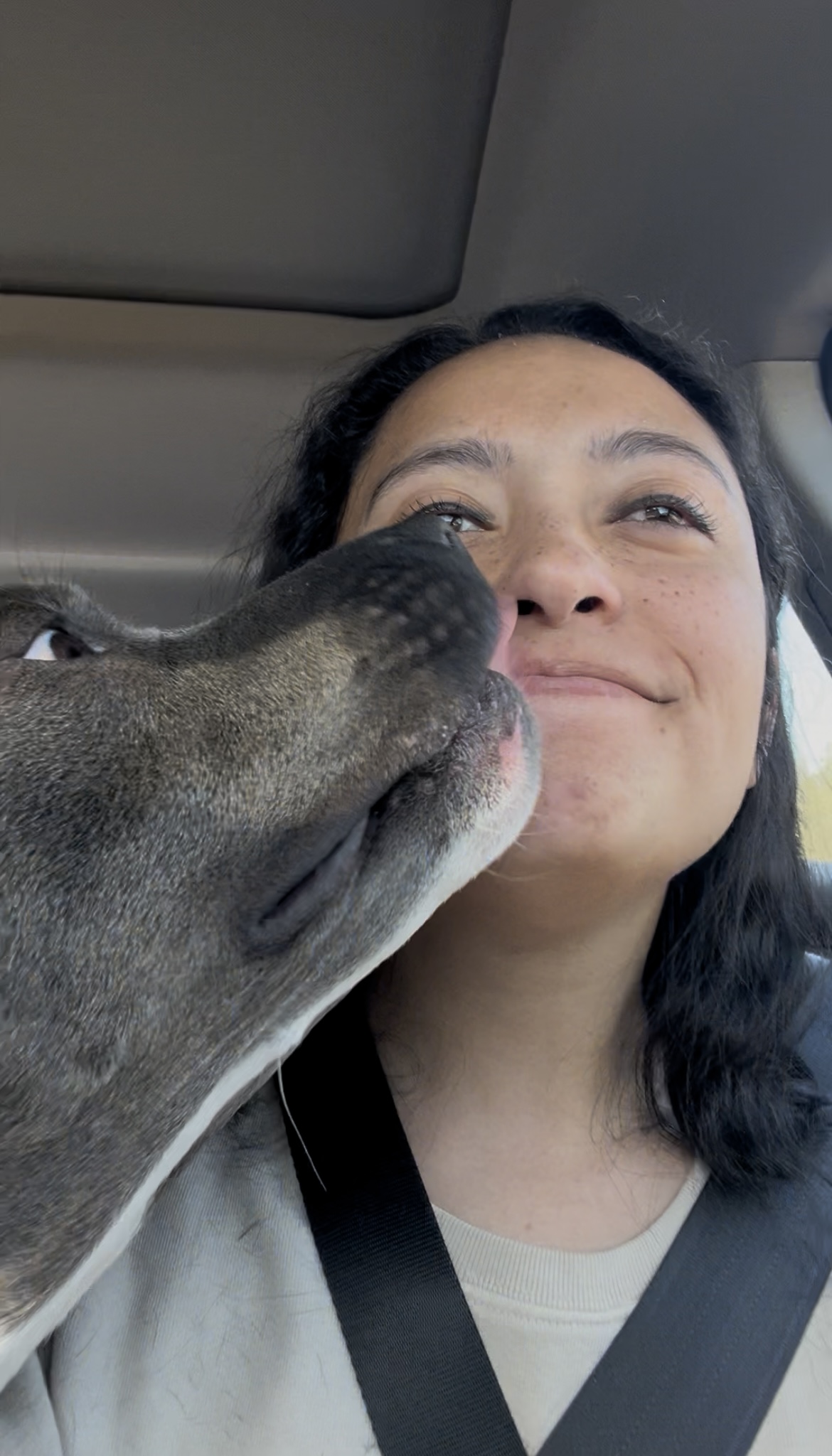
As always, we appreciate you sharing your insights and we’ve got a few more questions for you, but before we get to all of that can you take a minute to introduce yourself and give our readers some of your back background and context?
Compassionate Canine Society was born out of the heartbreak of watching amazing dogs be overlooked and euthanized simply because of overpopulation. We started by focusing on the “undesirable” dogs: pits, pregnant moms, and medical. But we quickly realized that rescue alone wouldn’t solve the crisis.
That’s how our Empathy for Animals program came to life. It’s our humane education initiative designed to teach compassion through the stories of rescue dogs. We’ve piloted it in schools and juvenile facilities, and now we’re launching a virtual version by the end of the year so it can be accessible to anyone: schools, foster youth, even adults in diversion or re-entry programs.
What makes us different is that we’re not just pulling dogs like many other rescues, we’re trying to change the system that failed them. We believe the key to long term impact is in people. If we can raise a generation that understands animals as sentient beings, worthy of care and respect, we can actually reduce neglect, cruelty, and abandonment at the source.
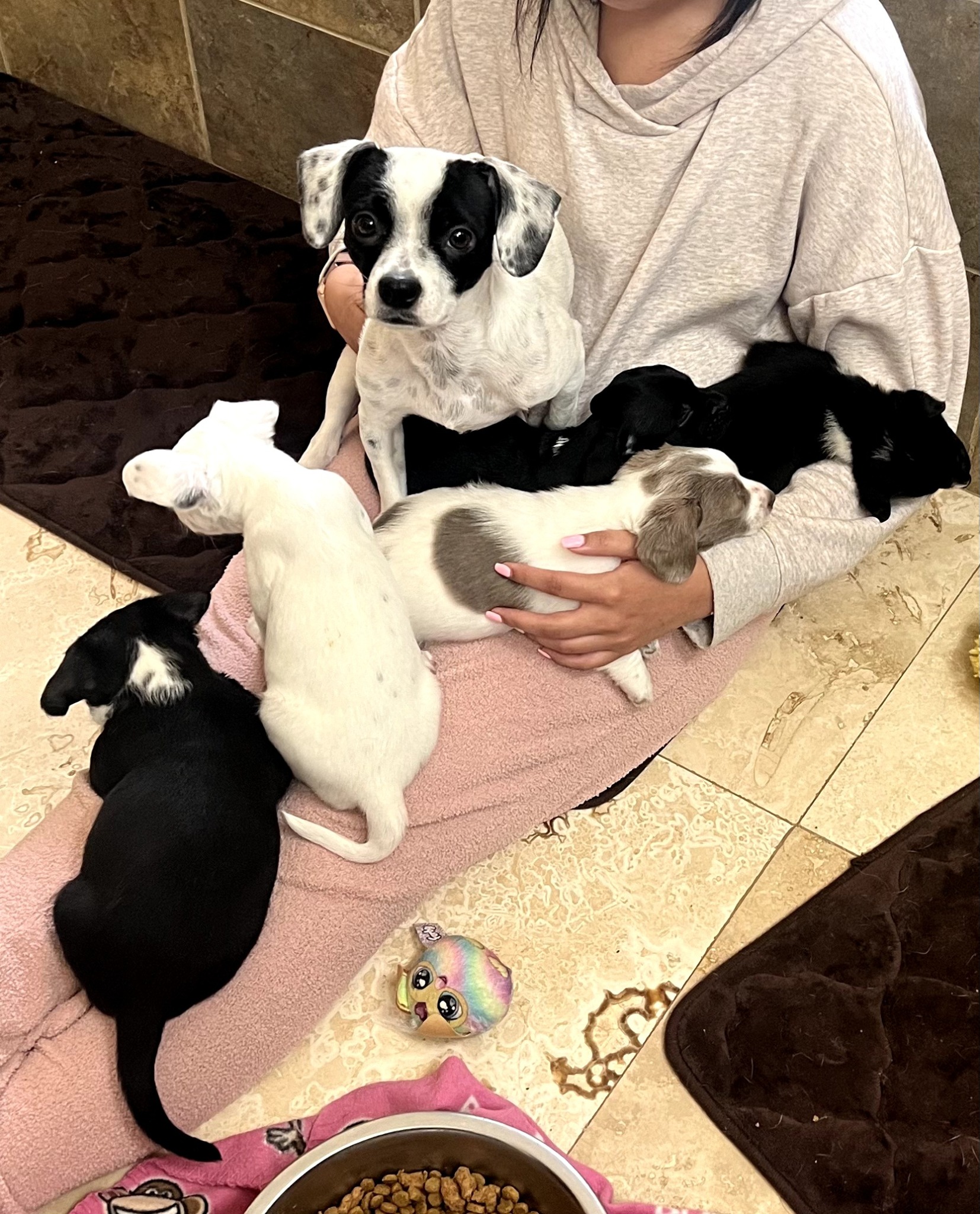
What do you think helped you build your reputation within your market?
Transparency and heart for sure. From day one, we’ve been really intentional about showing both the beautiful and the difficult parts of rescue work. People know that when they follow us, they’re getting the real story: raw moments, hard truths, and all.
We also take the time to highlight individual dogs and their journeys, rather than treating rescue as a numbers game. Our supporters know our dogs by name. They’ve rooted for them, cried with us, celebrated adoptions with us. I truly think that emotional investment is what sets us apart.
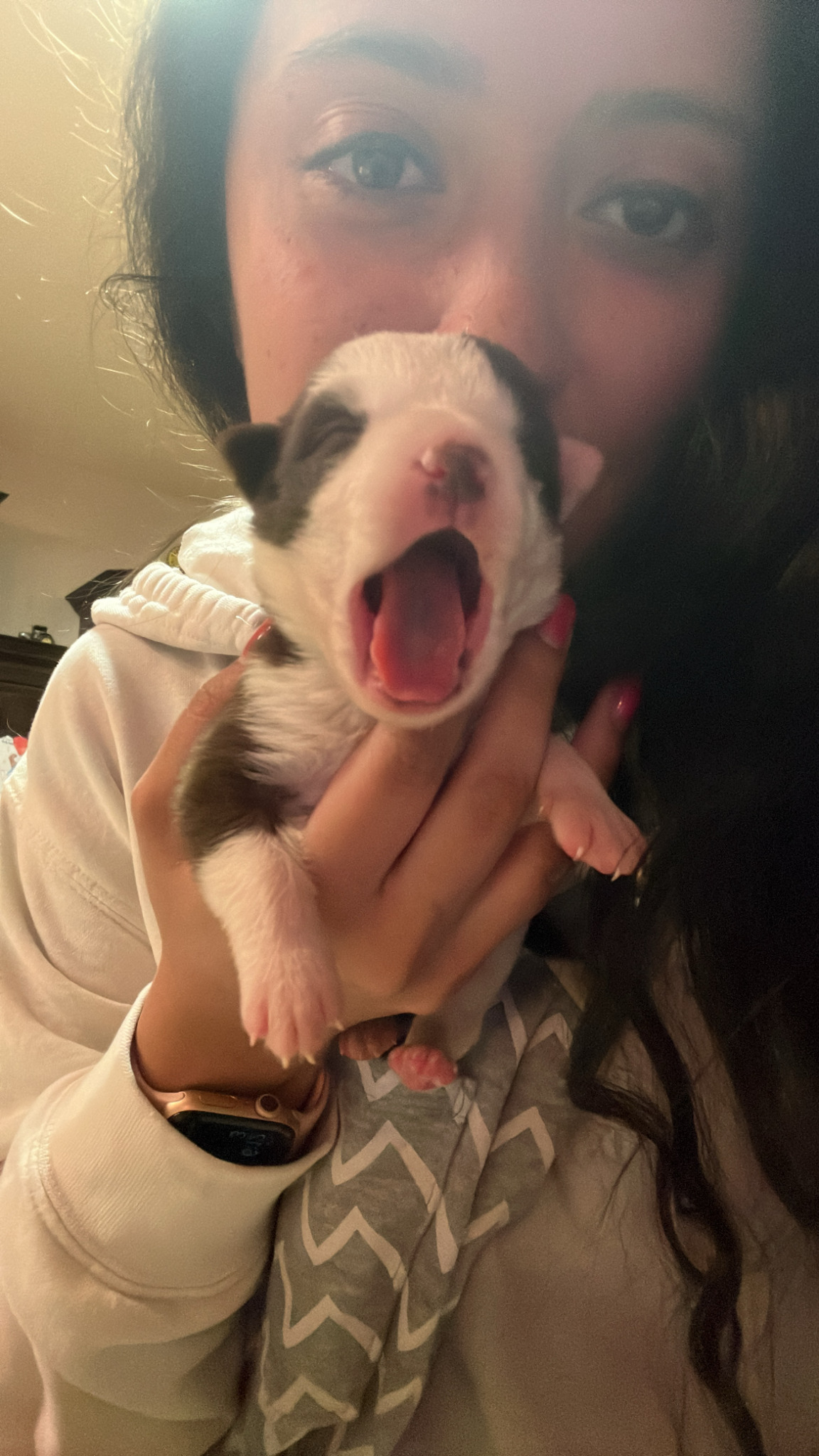
We’d love to hear a story of resilience from your journey.
I think one of the hardest moments came in our early months when we took in several medical cases back to back. We took in 3 rejected bottle fed pups with pneumonia, a pregnant mom with 7 pups, and 3 distemper pups (1 of which sadly passed away after having a seizure). It was overwhelming both financially and emotionally. I remember sitting in my car outside the vet crying, wondering how we were going to cover the bills, and whether we were in over our heads.
But instead of shutting down, we got creative. I leaned into my background as an agent and started reaching out to brands for partnerships, figuring out ways to bring in extra income through UGC and sponsorships. We also got transparent with our audience, we told everyone exactly how much the vet bills were and their current medical status, and in return the support we received was incredible.
That stretch taught me that resilience isn’t just about pushing through, it’s about pivoting, asking for help, and remembering why you started in the first place.
Contact Info:
- Website: https://compassionatecaninesociety.org
- Instagram: https://instagram.com/compassionatecaninesociety
- Facebook: https://m.facebook.com/people/Compassionate-Canine-Society/61570540166420/
- Other: https://www.tiktok.com/@compassionatecanine
